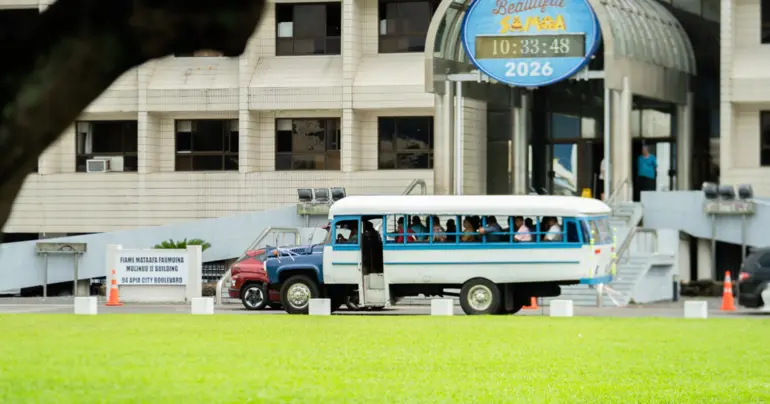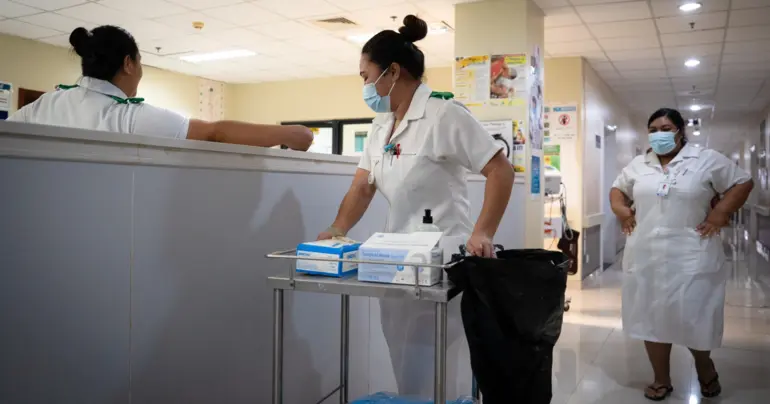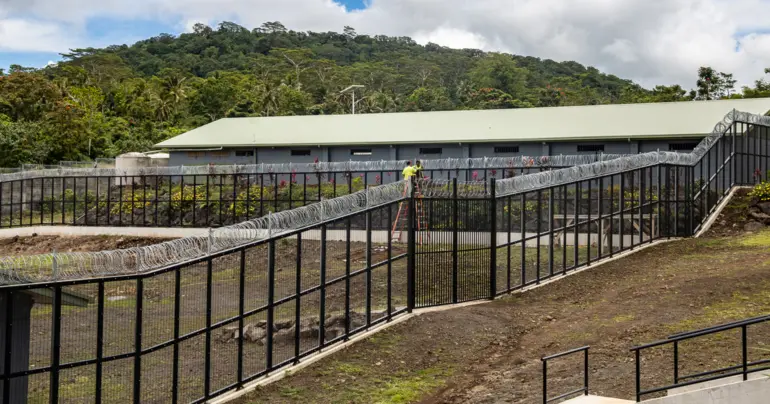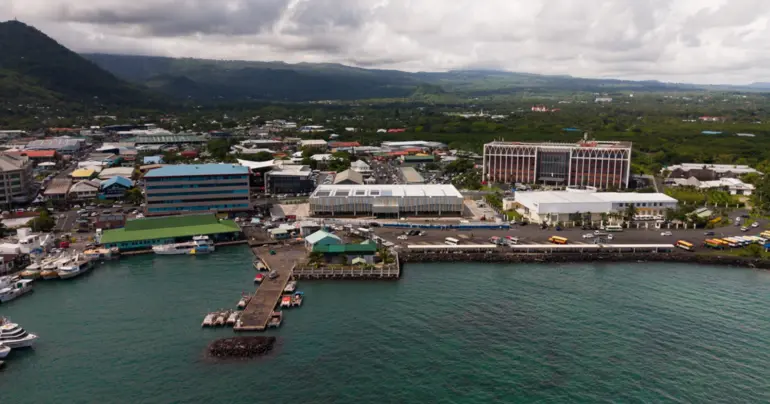Political will and vision needed to grow sports
A great performance by Team Samoa at the Pacific Mini Games in Palau over the last two weeks. A small team of 47 returned with 67 medals in total, 27 of which are gold. A proud achievement for a nation of barely 200,000.
A big congratulations to young weightlifter John Tafi, whose achievements led him to be recognised as the best male athlete of the Mini Games. The locally groomed and trained athlete is a fine example of the sporting potential in the country and the things that we can do if we invest in sports. The selection by the officials of Team Samoa to take only those who could win has paid off, and it sets the bar for athletes who want to break into the national squads.
It sends out a message that Team Samoa is not playing around when going to international meets. We are there to leave a mark and win. At the Mini Games in Palau, Tahiti raced ahead and amassed a huge number of medals, mostly in the pools. Needless to say, most athletes representing Tahiti also represent France when it comes to the Olympic Games, and most are based in France. Despite those odds, Team Samoa did well. It was not until the very last day that Fiji pipped Samoa on the medal tally; we were tied at 27 gold medals. Comparing Fiji to Samoa, it is a bigger country, boasts a population five times bigger than Samoa and has better sporting facilities. Yet Team Samoa prevailed. Imagine what we can achieve with more backing from the government.
The elections are around the corner and we are yet to hear from any of the political parties on how they would be improving sports, sports facilities and investing in our athletes. Just the other day, Manusina, the national women’s rugby team, started a GoFundMe page. The team knows that they need to raise funds to have a successful Rugby World Cup campaign because Lakapi Samoa is cash-strapped. Before, the young boxers who went to Fiji to compete in a regional tournament were $50,000 short of making a successful trip. This should never be the case.
Investing in sports goes beyond what happens on the field of play. It creates jobs, boosts tourism, and fuels economic growth. That said, previous governments have underfunded the sector. Imagine being able to provide the next Jai Opetaia, all he needs to train at home, imagine local players being scouted for overseas clubs for a number of sports and above all, imagine getting the nation’s first gold medal at the Olympic Games. This requires investment in sports. We need better facilities, we need to train coaches, and we need to move from the amateur status most sports carry to being professionals. The government can do this. Will the incoming government take sports seriously? Sportspeople also vote.
The public health argument successfully makes the case for government involvement in promoting sports. The more people engage in sports, the fitter and healthier they will be. This will contribute both to public health and reduce healthcare expenditure. There are massive positive externalities from sports, and hence, there is a case for the government to play a role. From this angle, the government must ensure there are playgrounds, sports facilities, gyms, stadiums and swimming pools within easy access to citizens.
Sports can be a source of economic activity, growth and development. Around the world, many cities have invested in massive sports facilities to attract visitors who will spend on hotels, shopping and tourist attractions. A classic example is the success of the Fijian Drua, who host up to seven home games in Super Rugby and with each game, there is a massive boost in economic activity.
Congratulations once again to all athletes who proudly wore the national uniform and flew the nation’s flag at the Mini Games. We salute you. Many of you funded your way to Palau and have asked for nothing in return. Let us wait and see if there is a political will to develop and invest in sports.











